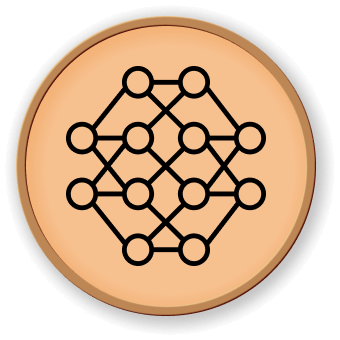Introduction
K-means is a clustering algorithm that partitions a dataset into k clusters, where each point belongs to the cluster whose centroid is closest to it. The choice of initialization method for k-means can greatly impact the algorithm's performance and convergence. In this lab, we will evaluate the impact of different initialization methods on k-means clustering algorithm's convergence robustness.
VM Tips
After the VM startup is done, click the top left corner to switch to the Notebook tab to access Jupyter Notebook for practice.
Sometimes, you may need to wait a few seconds for Jupyter Notebook to finish loading. The validation of operations cannot be automated because of limitations in Jupyter Notebook.
If you face issues during learning, feel free to ask Labby. Provide feedback after the session, and we will promptly resolve the problem for you.




